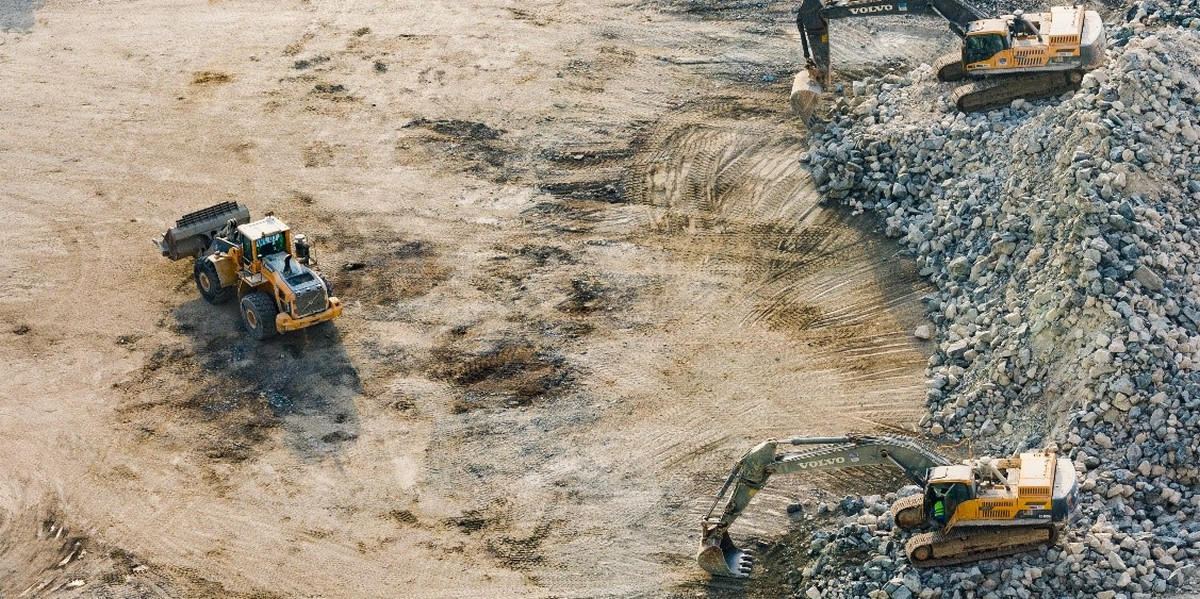Blog on global Webinar organised by the Thematic Social Forum on Mining and Extractive Economy on the “Right to Say No” (RTSN) on 27 July 2021.
Tackling the destructive impacts of mining
All around the world, transnational corporations engage in large-scale mining in the name of economic growth and progress, with Europe maintaining a dominant role in this sector as a consumer and importer of raw material. Some of the devastating impacts of mining activities include environmental degradation, water, soil and air contamination, human rights violations and community divisions. Even though numerous trade and investment agreements exist to protect foreign corporate investments, there is no binding international human rights instrument to guarantee the rights of those affected by dangerous mining activities. Meanwhile, communities’ attempts to hold corporations accountable have resulted in threats, repression, violence, and even deaths, with 2020 being the year with the highest numbers of murders on human rights defenders.
Some of the ways communities have been resisting mining was discussed during a Global Webinar organised on 27 July 2021 by the Thematic Social Forum on Mining and Extractive Economy on the “Right to Say No” (RTSN). The Right to Say No is the right of communities to declare no-mining zones, actually enforcing their right to manage, control and decide with regards to their environment and territories. Speakers presented case studies from Europe, Latin America, Asia, and Africa, where communities successfully organised and took action to terminate mining projects or stop their expansions. The four cases connect to a broader spectrum of national, regional, and international struggles for local and indigenous communities to regain their sovereignty, control and management of their lands and natural resources.
Community struggles to regain land sovereignty
As a practice, mining bears characteristics of a colonial enterprise: abusing natural resources and people to satisfy the consumerist and capitalistic model in the economic and political systems of developed countries. In their presentations, Farai Maguwu from the Centre for Natural Resource Governance (CNRG) in Zimbabwe, and Aung Ja, a human rights advocate from Burma, highlighted how corrupt state and local authorities collaborate with transnational corporations from countries such as Australia, China and the UK, against the interest of their own people. In Zimbabwe, mining operations take place without the consent and prior consultation of local communities, while repression, violence and intimidation are used to evict people from their houses. Through community empowerment, legal research and detailed documentation of these incidents, locals were able to exercise their “Right to Say No” and put pressure on political actors, compelling them to hear their demands and act.
Women’s role in providing alternatives to mining operations
In Burma, women have taken a leading role in “Saying No” to destructive mining while contributing to the development of new economic options and eco-friendly lifestyles as alternatives. Through community campaigns, public and media outreach, direct boycott and space occupation, the local community has gained the support of the international community and raised the issue of illegal mining. In Brazil, Karina Martins, of the Movement for Popular Sovereignty in Mining, talked about the political experience of resistance of “Territories free From Mining”. They promote new economic alternatives such as small-scale farming, fishing, and eco-tourism. These alternatives can ensure income and work, food security, socio-biodiversity preservation and the commons for future generations. Communities must overcome linguistic, ethnic, and religious differences and unite as one active movement in solidarity.
Challenging our dominant political and economic systems
From England, Hannibal Rohades, of Gaia Foundation and Yes to Life No to Mining Global Solidarity Network, highlighted avenues for advancing the “Right to Say No” to mining operations in Europe, including alternatives such as referendums (Trun, Bulgaria), company engagement (Selkie, Finland) and “Declaring the Right of Nature” (Greencastle, England). According to him, the short-term, instrumentalist view of nature as a collection of dead commodities to be harvested for the greater good clashes with the long-term, holistic view of nature that considers a territory’s cultural and spiritual ties.
Calling for systemic change
Concluding, the four speakers stressed how the entire mining sector needs to undergo a radical paradigm shift to prevent community harm and further environmental disaster. First and foremost, laws should be effectively and meaningfully implemented to regulate, restrict, and prohibit illegal mining operations. Meanwhile, civil society must exercise their power by monitoring and reporting cases of corporate abuse and environmental destruction. The Internet and social media can be powerful tools in raising the topic of RTSN by creating national and international networks and alliances to put pressure on political actors and governments. It is the responsibility of national authorities, international actors, and religious institutions to recognise and address corporate exploitation and its implications. This is the time to act together in solidarity with our human family and to protect our common home.

This campaign was co-organised with the financial support of the European Union. The content of this blog is the sole responsibility of CIDSE and does not necessarily reflect the views of the European Union.
Cover photo: Aleksandar Pasaric – Pexels

